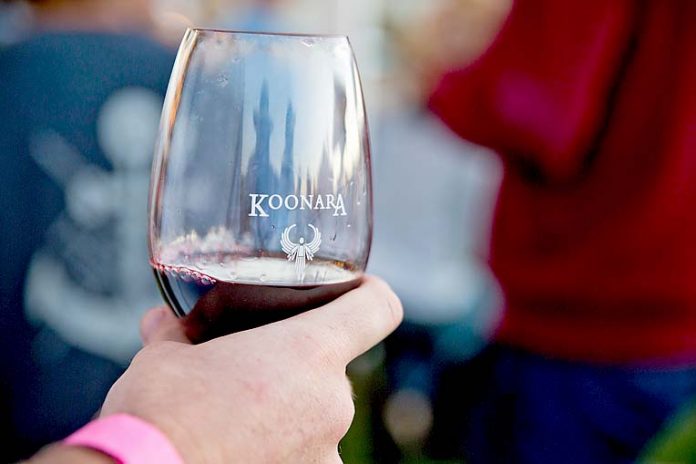CELLAR doors across the state are now closed for business following a statewide ban to further prevent the spread of the COVID-19 virus.
On Monday, South Australian Police Commissioner Grant Stevens announced further restrictions in a bid to prevent any unnecessary travel over the coming school and Easter break.
Cellar doors are considered “high risk areas” according to Comm Stevens, who also announced the prevention of selling alcohol and other produce from cellar doors and wineries.
He also announced the prevention of tasting or sampling produce from any premise across the state.
Comm Stevens said the decision was made based on the advice of health and a cluster of confirmed coronavirus cases in he Barossa, which has led to widespread business and school closures.
“It has been identified that a significant risk area for the transmission of COVID-19 is wineries and cellar door outlets,” he said.
“We have seen as an important step to take.
“It is also taking into account that we are trying to limit unnecessary travel across the state.”
Until Monday only one cellar door in the Penola and Coonawarra region remained open, with Koonara Wines offering take away sales only.
Koonara Wine owner and manager Dru Reschke said the business had made a decision to stop in-house tastings before the new restrictions.
“It is not unexpected in the current climate,” Mr Reschke said.
“We probably would have closed anyway and I think it is not unreasonable of the government to ask.
There seems to still be a lot of people travelling so whatever we can do to limit that is a good thing.”
Mr Reschke expected the financial impact of the restrictions to be significant, but was “not bothered” by the impact.
“Everyone in the region have been good and we are not loosing any substantial income by closing,” he said.
“It is good the government is taking precautions.”
Wineries are still able to sell alcohol via online or phone purchases, provided products are delivered by commercial freight or the winery itself.
Businesses which sell food commercially to supermarkets and retail stores are still permitted to produce and sell products, but food products must also be transported by commercial freight or the winery.
The sale of food to the public by wineries and cellar doors has also been banned.








